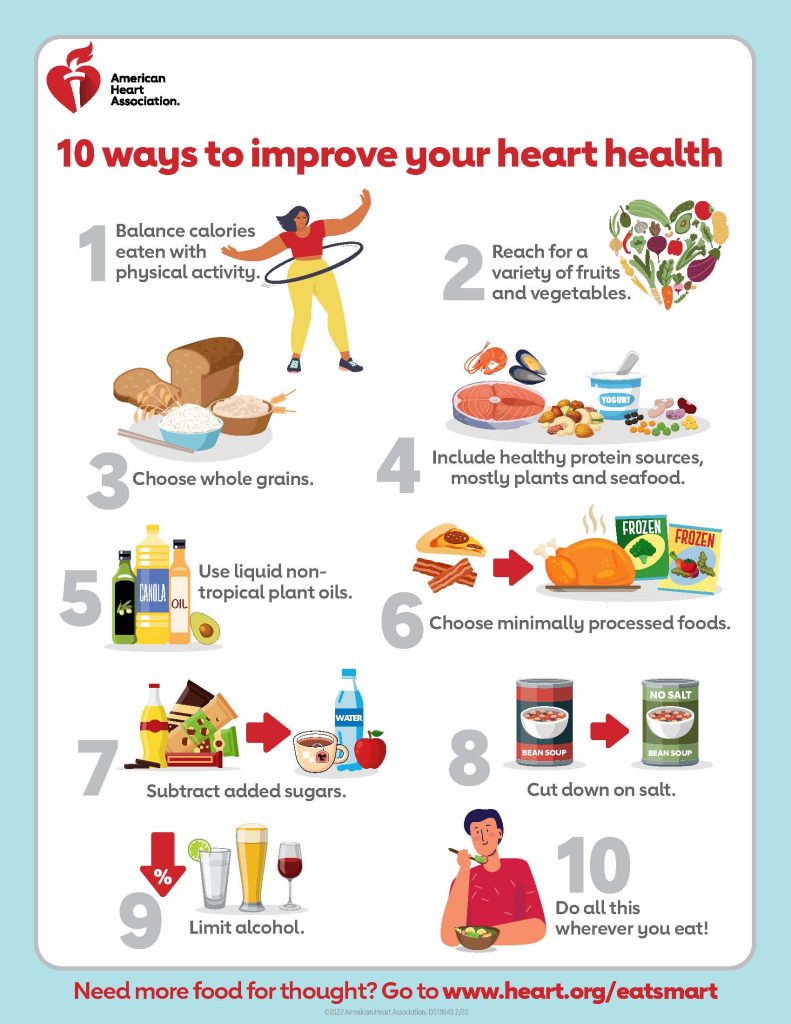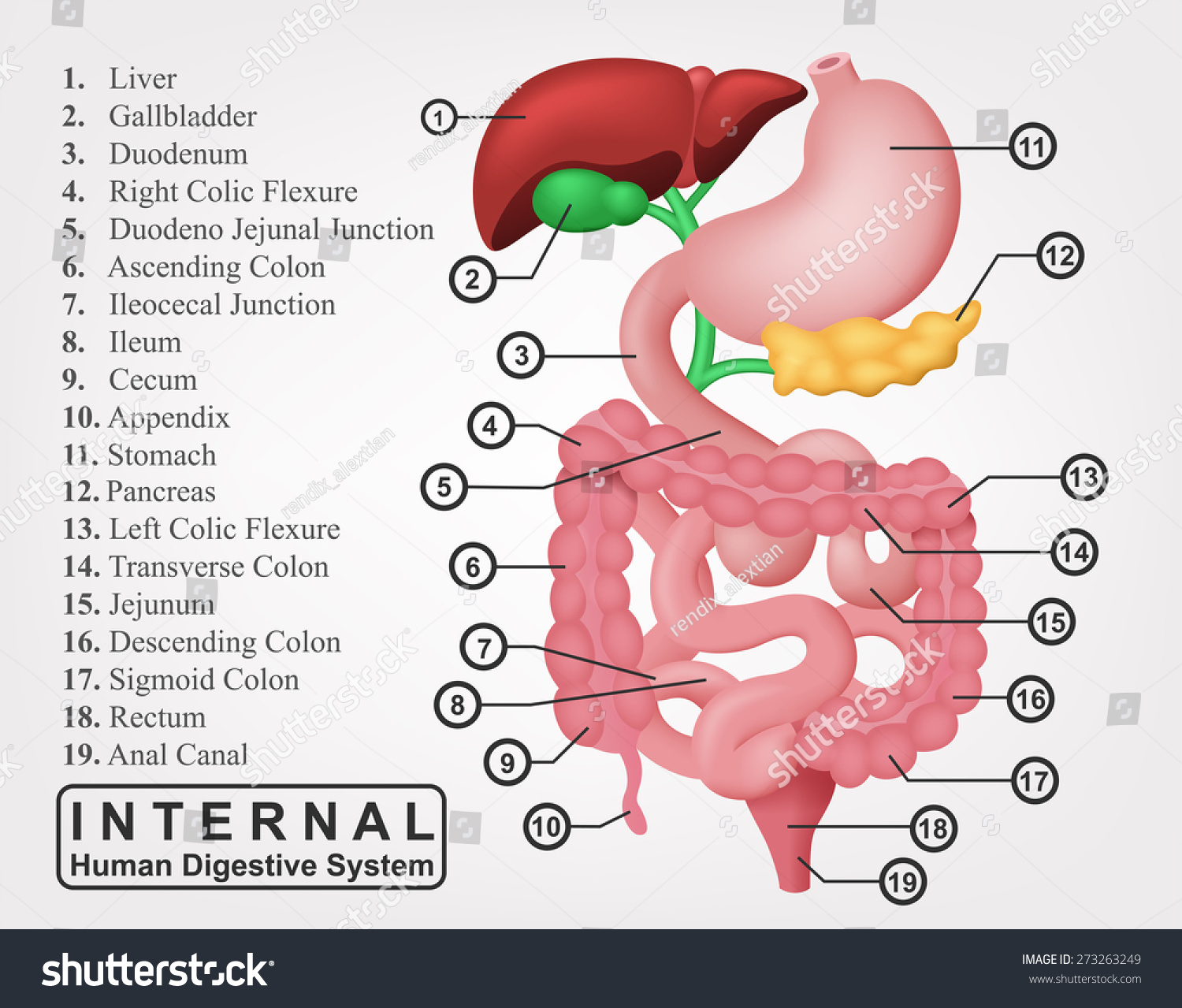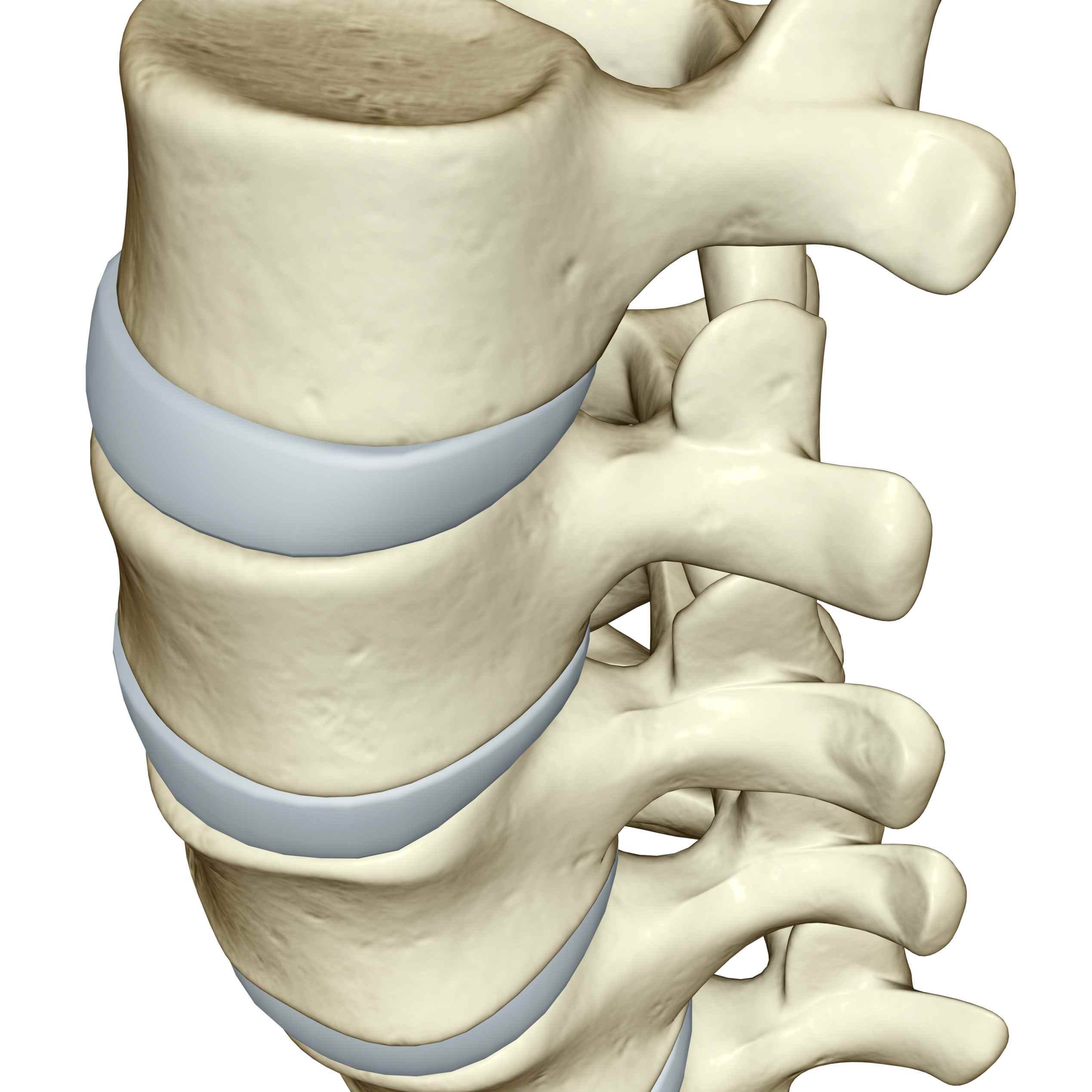Human Digestive System: Improve Your Health Today

The human digestive system is a complex and fascinating process that plays a crucial role in our overall health and well-being. It is responsible for breaking down the food we eat into nutrients that can be absorbed and utilized by the body, and for eliminating waste products. In this article, we will delve into the intricacies of the human digestive system, exploring its various components, functions, and importance, as well as discuss ways to improve digestive health.
The Journey of Food Through the Digestive System

The digestive system is a long, winding road that begins in the mouth and ends at the anus. The journey of food through the digestive system can be broken down into several stages, each with its own unique processes and functions.
Stage 1: Ingestion and Mechanical Digestion
The journey of food begins in the mouth, where teeth chew and break down food into smaller particles. This process, known as mechanical digestion, is aided by the production of saliva, which contains enzymes that break down carbohydrates. The food is then swallowed, and it passes through the esophagus and into the stomach.
Stage 2: Chemical Digestion
In the stomach, food is mixed with stomach acid and digestive enzymes that break down proteins and fats. The stomach churns and mixes the food with these digestive juices, breaking it down into a liquid mixture called chyme. The chyme is then released into the small intestine, where most of the nutrient absorption takes place.
Stage 3: Absorption and Utilization
The small intestine is lined with finger-like projections called villi, which increase the surface area for absorption. The walls of the small intestine are also lined with enzymes that break down carbohydrates, proteins, and fats into simpler sugars, amino acids, and fatty acids. These nutrients are then absorbed into the bloodstream and carried to the liver for processing and distribution to the rest of the body.
Stage 4: Elimination
The waste products of digestion, including fiber, water, and electrolytes, move into the large intestine, also known as the colon. The colon absorbs water and electrolytes, and the remaining waste is eliminated from the body through the anus.
The Importance of Gut Health

The gut, or gastrointestinal tract, is home to trillions of microorganisms that play a crucial role in our overall health. The gut microbiome, as it is known, is responsible for producing vitamins, hormones, and other compounds that are essential for healthy digestion, immune function, and even brain function. An imbalance of the gut microbiome, also known as dysbiosis, has been linked to a range of diseases, including irritable bowel syndrome, inflammatory bowel disease, and even mental health disorders.
Ways to Improve Digestive Health
There are many ways to improve digestive health, and it starts with making informed choices about the food we eat. A diet rich in fruits, vegetables, and whole grains can provide essential nutrients and fiber, which can help to regulate bowel movements and prevent constipation. Staying hydrated by drinking plenty of water is also crucial for maintaining healthy digestion.
In addition to diet, there are several lifestyle changes that can help to improve digestive health. Regular exercise can stimulate bowel movements and improve digestion, while stress management techniques like meditation and yoga can help to reduce inflammation and promote relaxation. Getting enough sleep is also essential for allowing the body to repair and rejuvenate the digestive system.
What are some common digestive disorders?
+Some common digestive disorders include irritable bowel syndrome, inflammatory bowel disease, celiac disease, and gastroesophageal reflux disease.
How can I improve my gut health?
+Improving gut health can be achieved through a combination of diet, lifestyle changes, and supplements. Eating a balanced diet rich in fruits, vegetables, and whole grains can provide essential nutrients and fiber. Staying hydrated, exercising regularly, and managing stress can also help to promote a healthy gut microbiome.
What are some symptoms of digestive problems?
+Some common symptoms of digestive problems include bloating, gas, abdominal pain, diarrhea, constipation, and nausea. If you are experiencing any of these symptoms, it is essential to consult with a healthcare professional for proper diagnosis and treatment.
In conclusion, the human digestive system is a complex and fascinating process that plays a crucial role in our overall health and well-being. By understanding the different components and functions of the digestive system, and by making informed choices about diet and lifestyle, we can take steps to improve our digestive health and prevent digestive disorders. Remember, a healthy digestive system is essential for maintaining optimal health, and by taking care of our gut, we can take care of our overall well-being.

